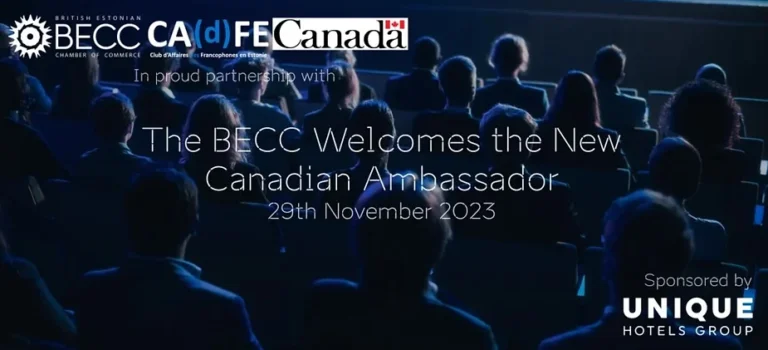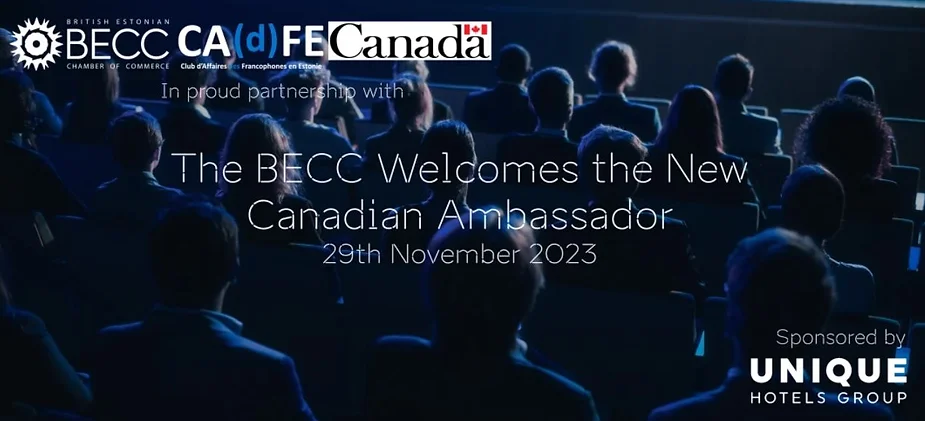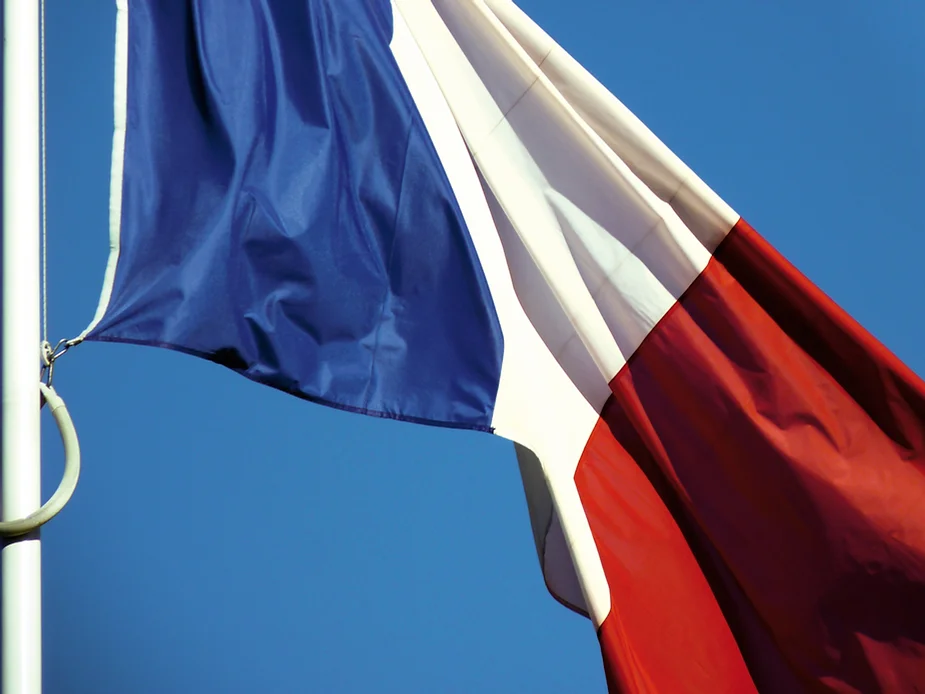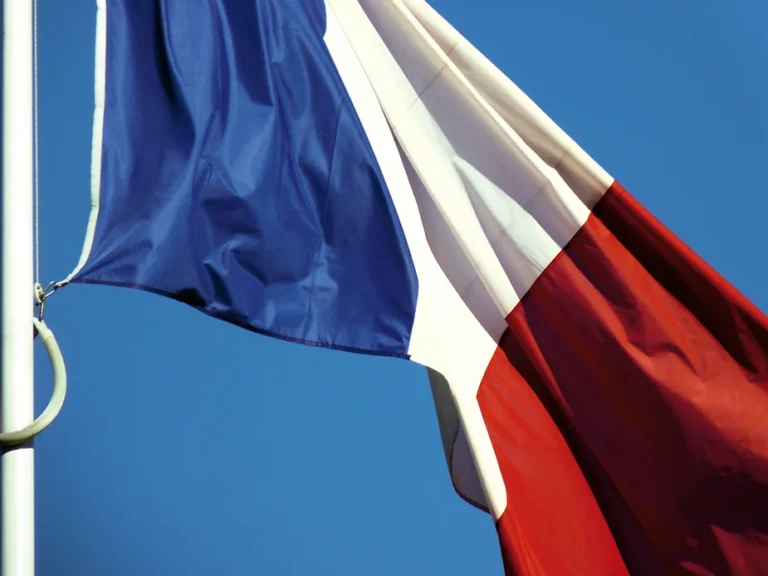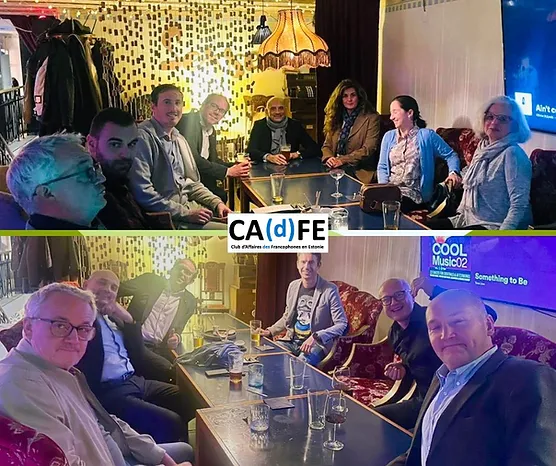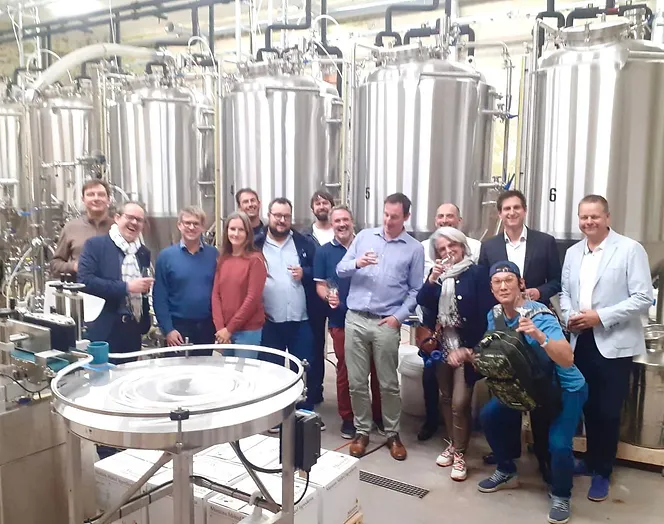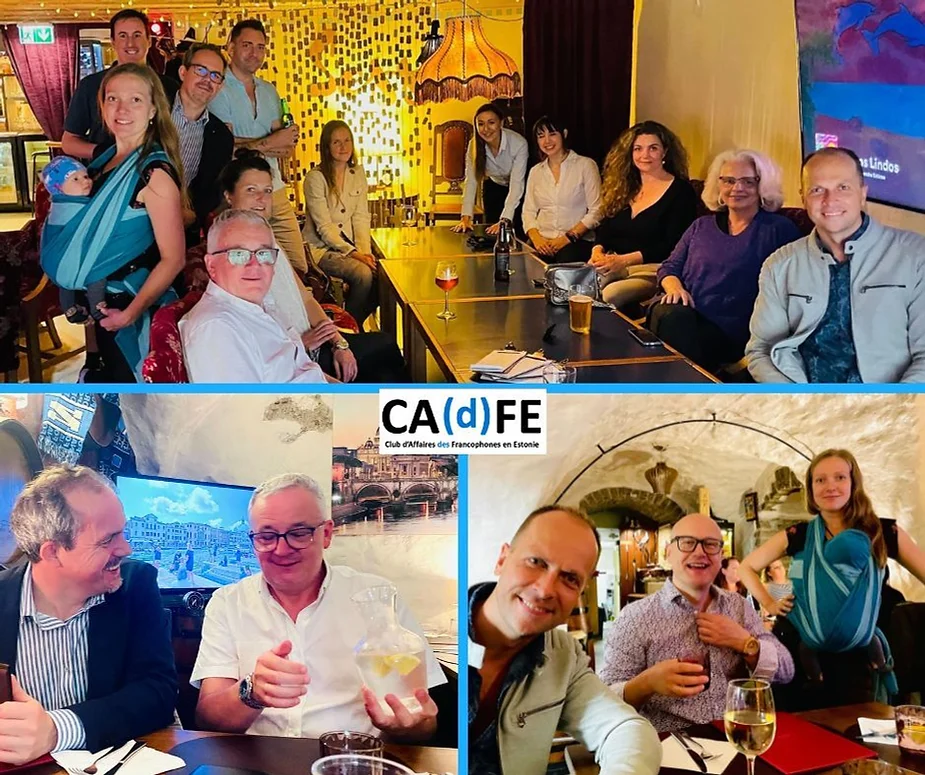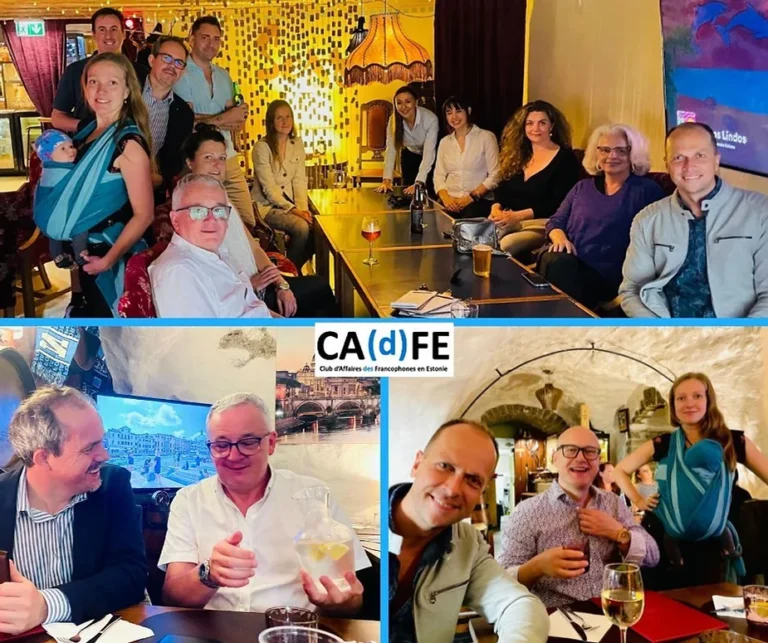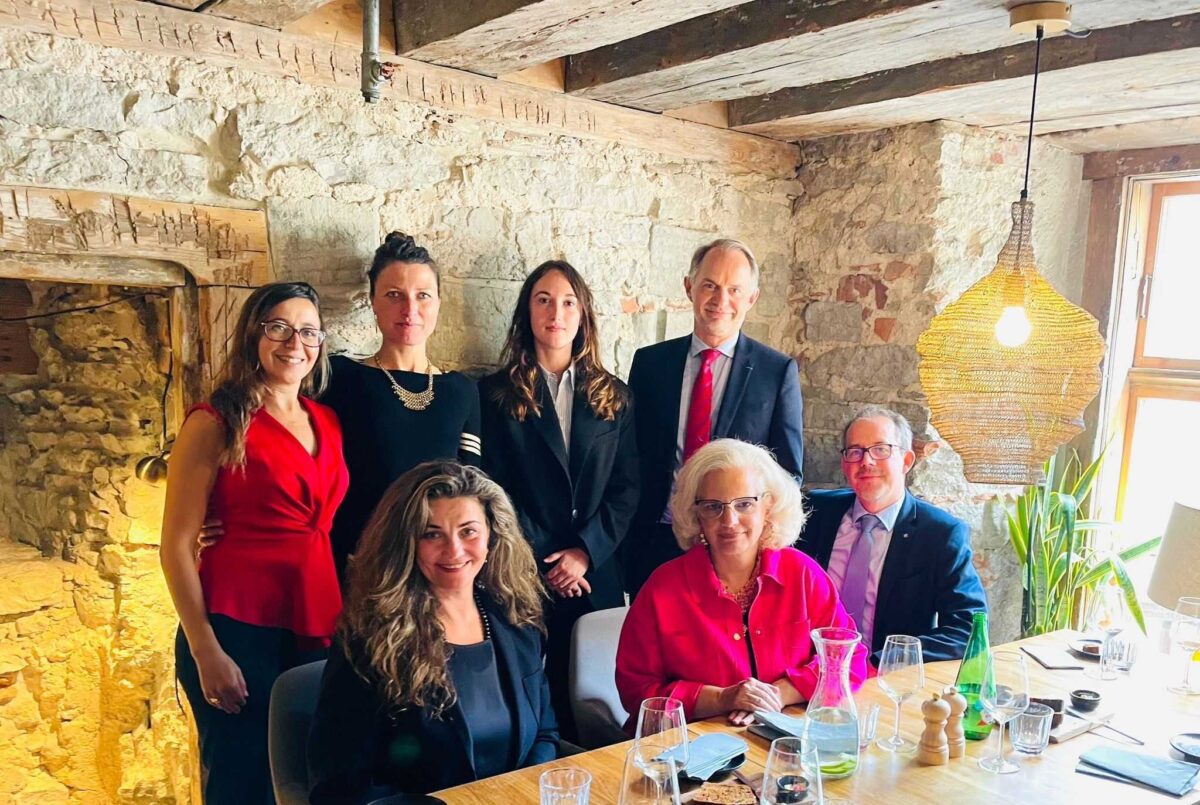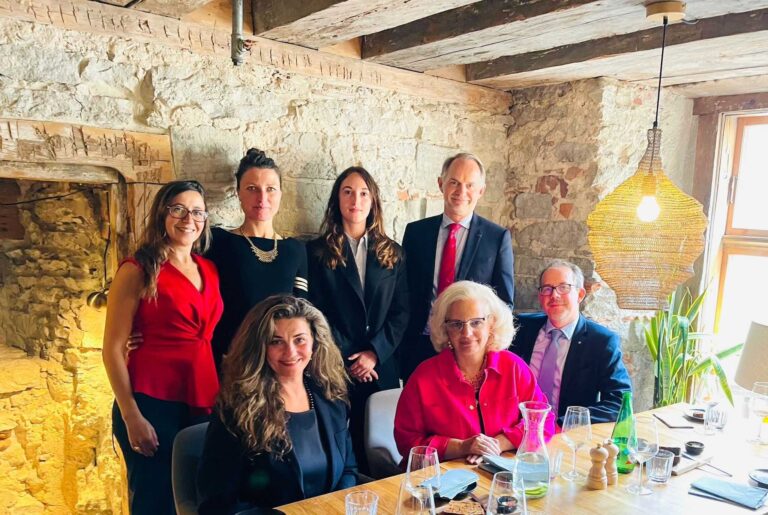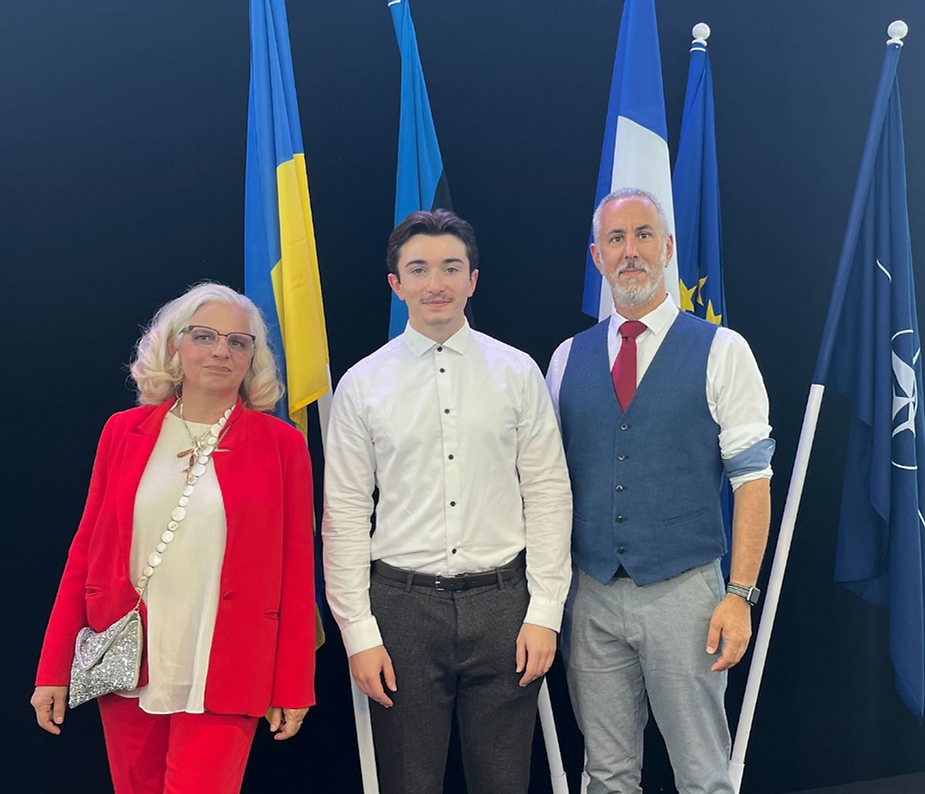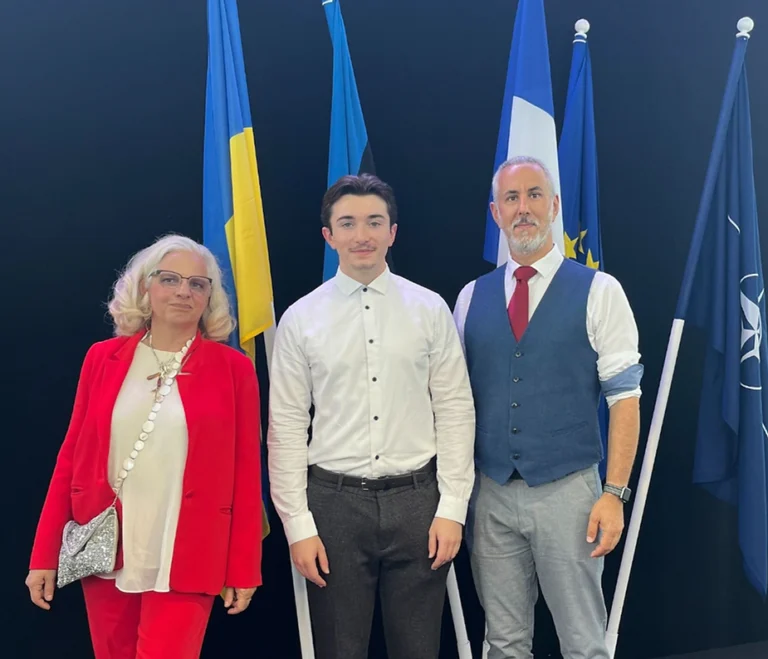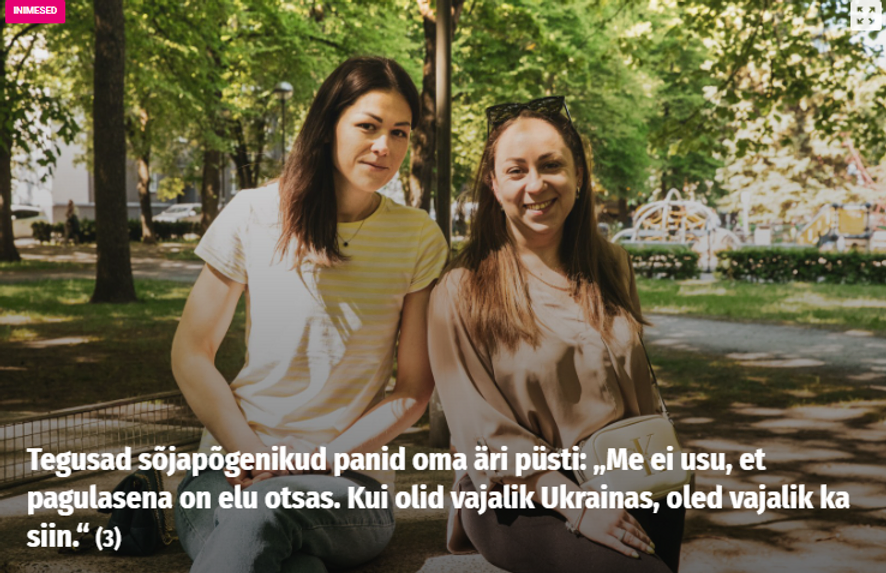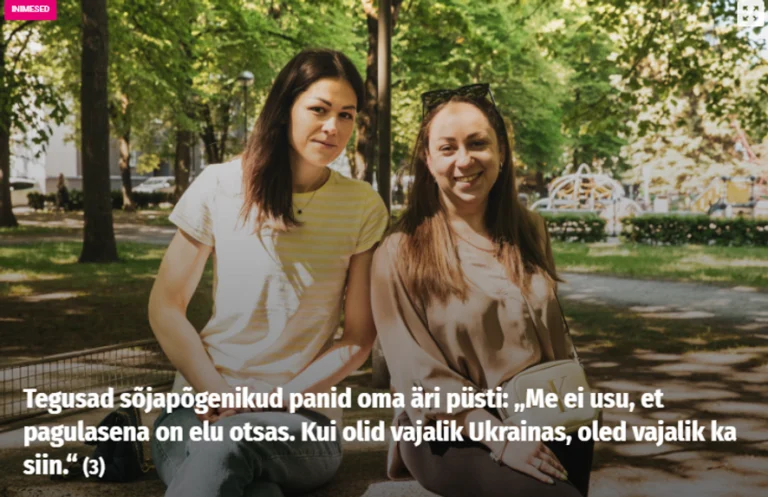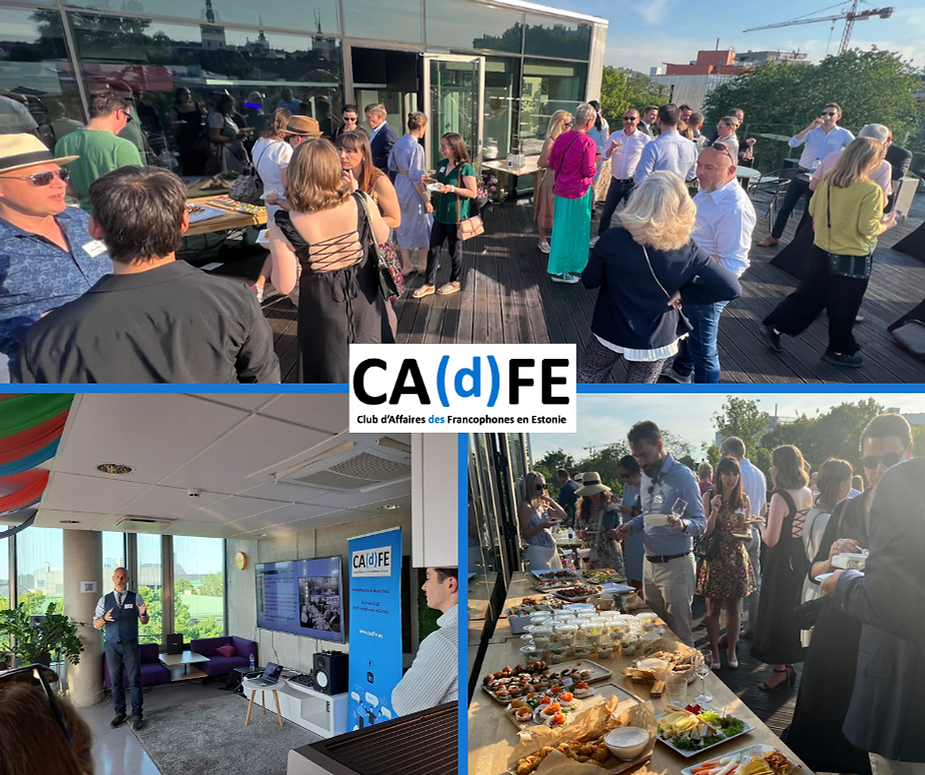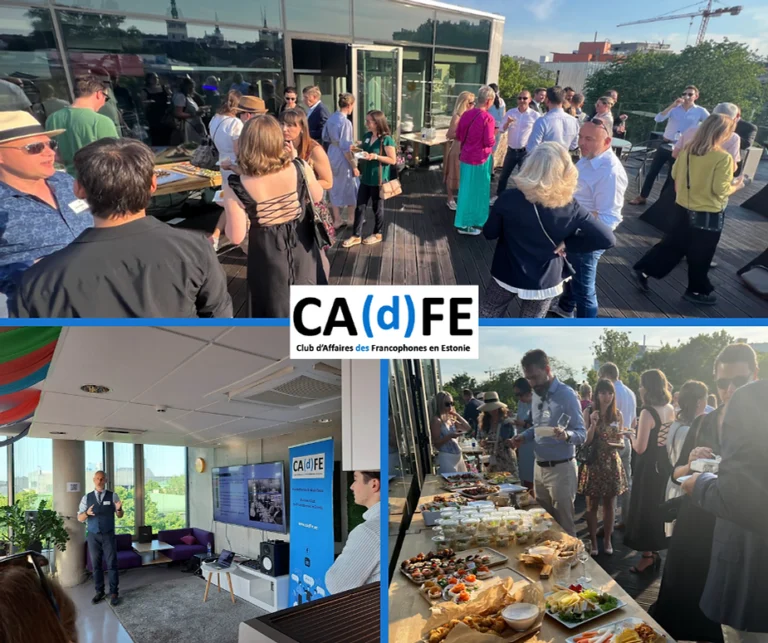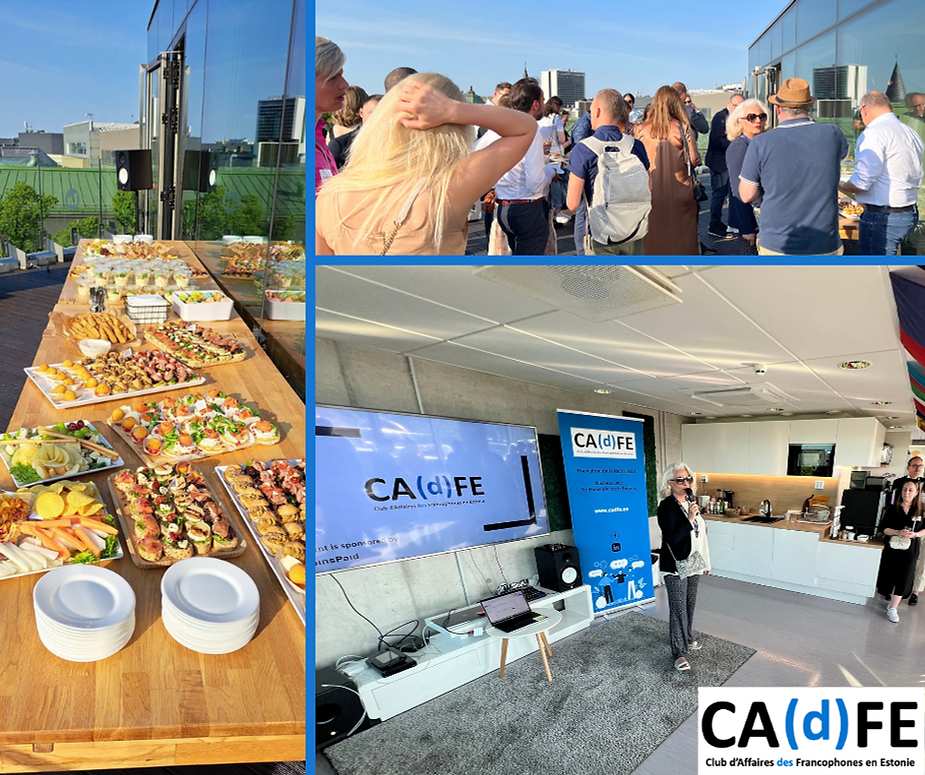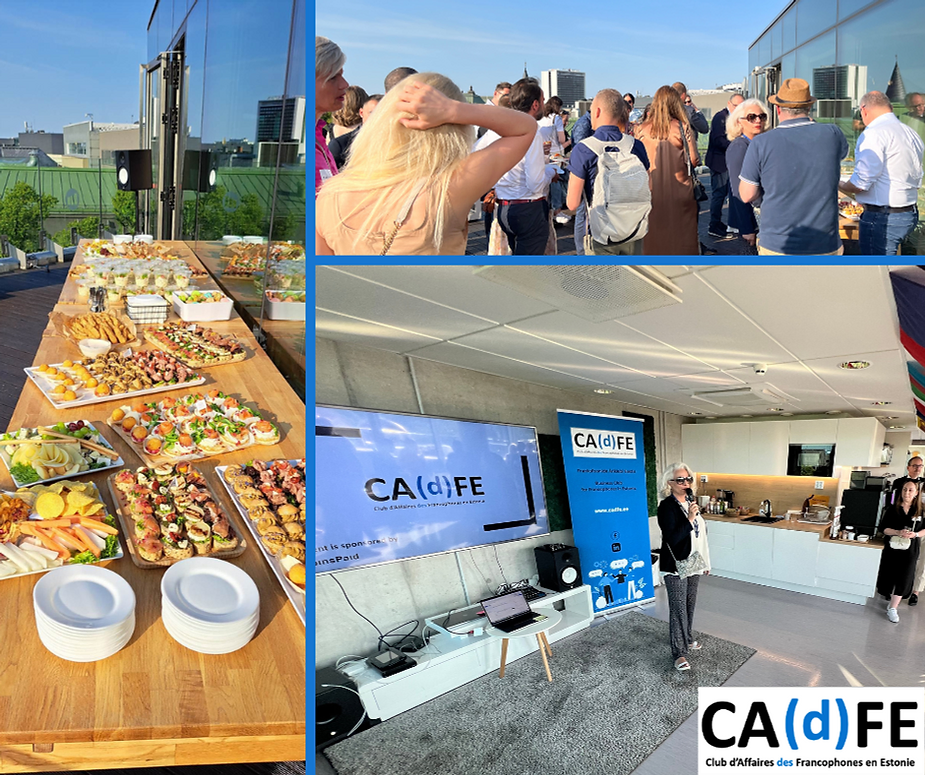How did you choose your internship?
I chose to apply to CAdFE for an internship because, being interested in international relations, I wanted to learn more about economic and trade relations between France and other European countries, particularly the Baltic states.
It also seemed like a good opportunity to understand the relationship between the public and private sectors internationally, contribute in some way to France’s economic development abroad, develop a new vision of entrepreneurship and discover a new culture.
Can you tell us a bit more about your studies and what subjects you’d like to specialize in?
I went through a business school and the faculty of philosophy before arriving at the Institut d’Etudes Politiques (Sciences Po) in Rennes in 2021.
Since then, I’ve followed a fairly generalist curriculum, based mainly on social sciences, economics, law, history and foreign language courses.
I chose to concentrate on the international relations aspect whenever possible during my studies, which I continued to do when I went to study in Australia, at the University of Queensland, Brisbane, during the second half of 2022.
On my return to France, I started looking for an internship in line with my interest in international relations, and came to Estonia to discover and contribute to CAdFE’s activities.
Next September I’ll be enrolling in the Master’s program in International Relations at Sciences Po Rennes, and for the time being I’d like to continue along this path.
Do you already have an idea of the profession you’d like to pursue?
Although I don’t yet have a clear idea of what I’d like to do, I’d like to focus on positions that require a certain amount of expertise in international relations.
This could be as a consultant or international development officer in the private sector, or as head of an international relations unit in a public administration, for example.
On the other hand, I might also be interested in positions in the diplomatic service or in international organizations.
What did you think of Estonia when you arrived last March?
Like many people in France, I knew very little about Estonia, although I did know a few things about the history of the country and the region in general.
One of the ideas I had when I arrived was that of a country with a cold climate in which it might be more difficult to integrate socially than in other countries.
These preconceptions are not entirely wrong, but they do need to be qualified.
Compared with the capitals of the other Baltic countries, Tallinn gave me the impression of a quiet city with a well-preserved architectural heritage.
And it was also while I was learning a little about Estonia that I discovered its policy at the forefront of digitalization, which greatly aroused my curiosity.
What was your biggest surprise?
I have to admit that I didn’t really experience any “shock” living in Estonia, even if I did notice some big differences.
What perhaps surprised me the most was the ease with which all sorts of administrative formalities are carried out: in less than two hours all the papers I needed for my stay were obtained and I had my transport card to get around Tallinn free of charge.
On a day-to-day basis, Estonians are much quieter than the inhabitants of any country I’ve visited before, and at weekends Tallinn is an extremely quiet city, which I find rather pleasant.
Above all, I discovered a city and a country in full development, and a completely different view of Europe, which was very interesting.
What have you learned from your internship?
On many levels, this internship taught me a lot.
First of all, I was able to discover how an association works, the “chamber of commerce” model, and gain a better understanding of all the resources needed to develop a network of entrepreneurs, create business opportunities and promote companies from the French-speaking world in Estonia.
The most enriching part was surely the encounters I was able to make through the activities we were able to carry out with CAdFE.
I had the chance to talk to entrepreneurs from all walks of life, with very varied profiles and activities, but I was also able to talk to officials and representatives from several countries, including Estonia and France.
I also had the opportunity to attend conferences that gave me a better understanding of economic issues in Estonia, as well as an outside perspective on French economic policy.
In terms of skills, I was able to write numerous articles and reports, use a wide range of communication tools and speak English on a daily basis, all of which was very beneficial for me and will undoubtedly be useful in the future.
What did you like less?
Why or why not?
Overall, this internship has been a positive experience for me, so there are few bad points to mention here.
The least “pleasant” periods, if I can put it that way, were the times when we were confronted with difficulties in organizing our events, whether due to the format or sometimes the difficulty of getting enough people together.
But these things are part and parcel of the job, and shouldn’t be discouraging, as they’re always solved in the end.
How can this internship help you in the future?
This internship was useful because it gave me the experience I was lacking to be able to think more precisely about my professional project.
I was also able to maintain and acquire skills, in many areas, that I will certainly need to use again.
I was also able to meet a number of professionals, and in this way build up a network that I could potentially call on in the future.
I also learned a lot about the economy and history of the country and region, which will be very useful for my future studies.
This internship has been very enriching for me, and I think I’ll come out of it more competent and informed.
“I’d like to thank everyone who helped make this internship so interesting, and especially the members of the CAdFE board who mentored and guided me throughout”.

